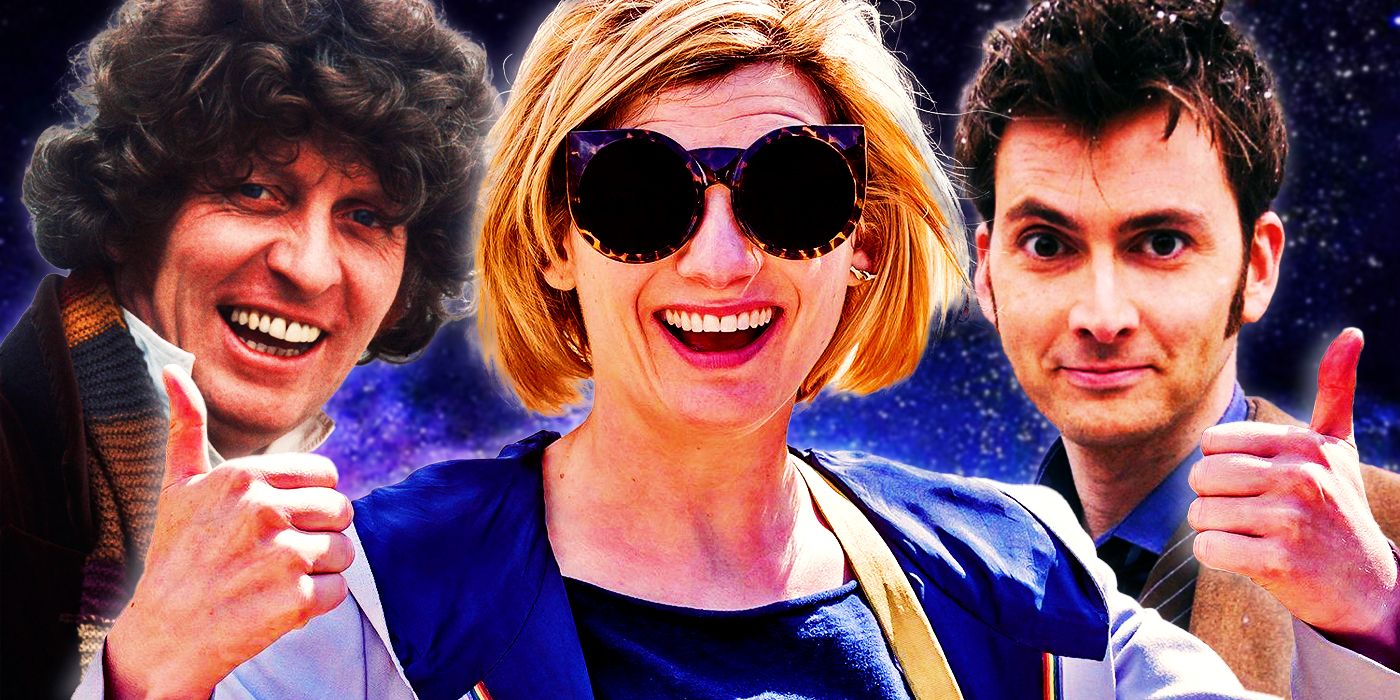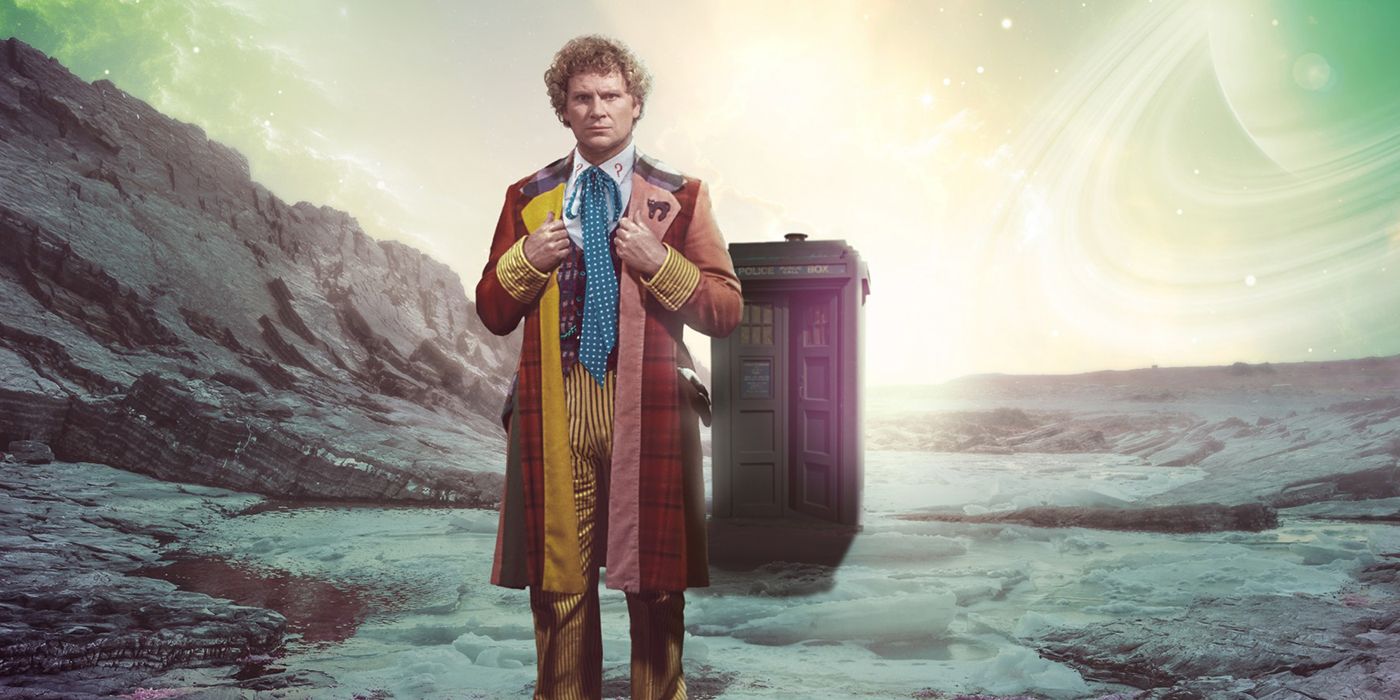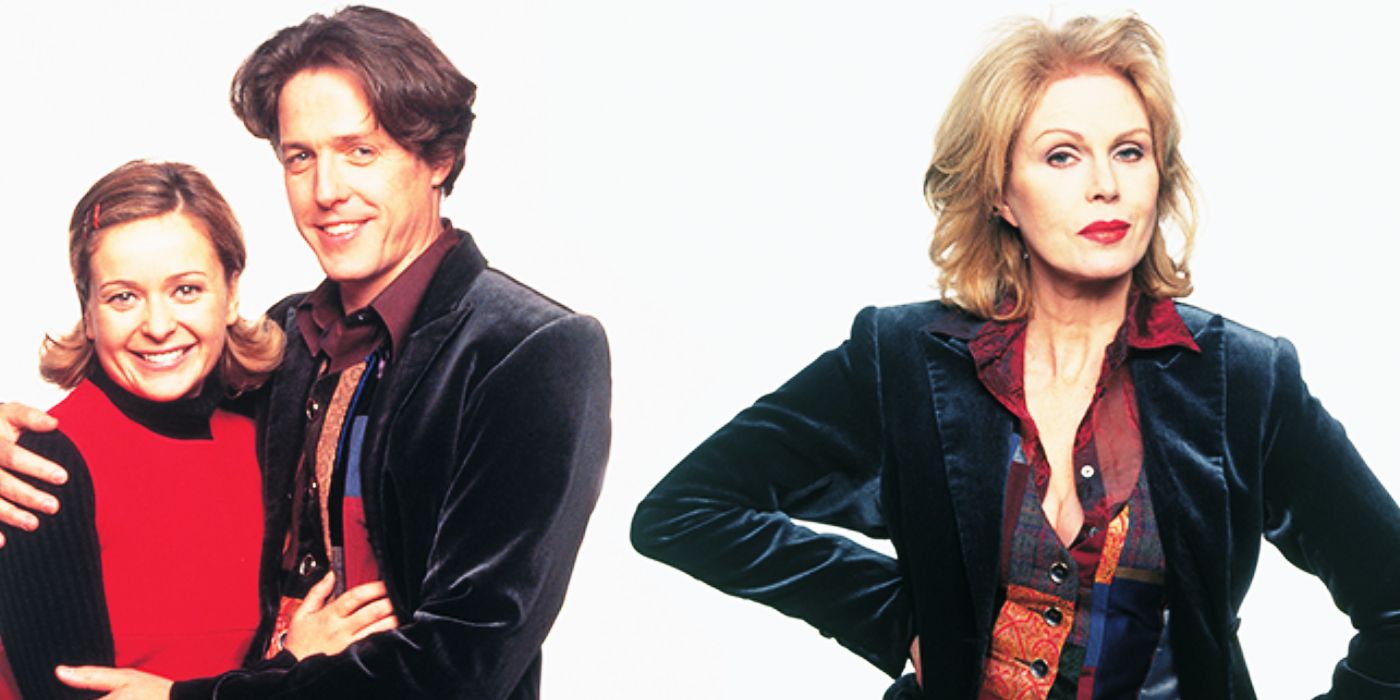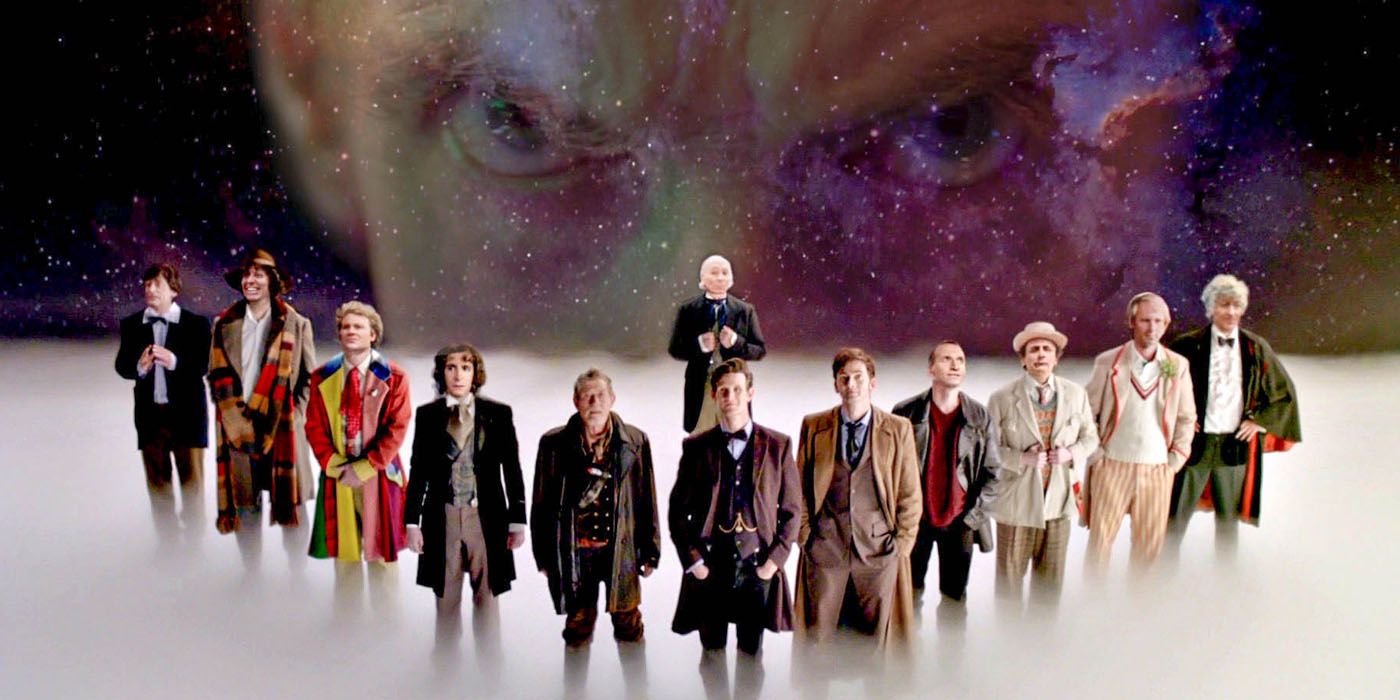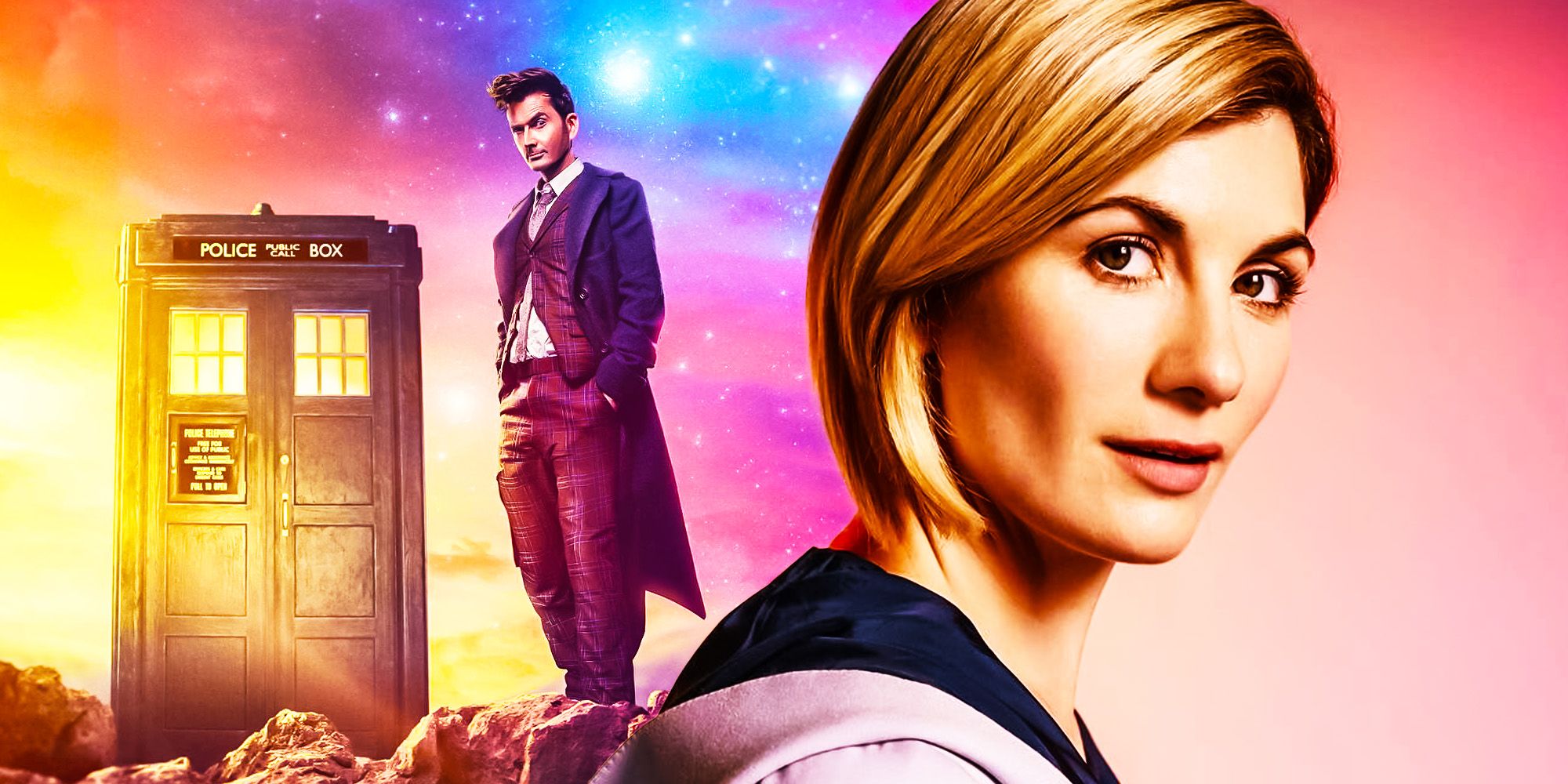There's a long-standing belief among the Doctor Who audience that there is no such thing as a bad Doctor, only bad production decisions, and this detail holds true to this day. It's unsurprising that a show which has been around for almost six decades occasionally experiences dips in quality or finds the creative well running dry. However, the failings of any particular Doctor's era or episodes are never the fault of the actor, despite what vocal minorities on social media may claim.
Tom Baker, who played the Fourth Doctor from 1974-1981 once observed that Doctor Who was actor-proof and that no single actor had ever failed in the role. As the longest-running and most popular Doctor of them all, it would be hard to disagree with Baker's assertion. Despite Doctor Who facing cancelation at several points in its history, the show has endured, and key to that endurance is its ability to recast the central character via regeneration. Each actor that has played the role of the Doctor has contributed to the extensive history of the show, and here's why none of those actors have been bad Doctors.
Even When Doctor Who Sucked, The Doctor Didn't
Colin Baker is unfairly connected to what is deemed to be the worst era in Doctor Who's history. While the mid-1980s are not without their problems, Baker is never less than compelling and commanding in the role. He's abrasive, but also has a softer side that shines through in how he cares for his companion Peri and those civilizations being oppressed by his old enemies, the Daleks or the Cybermen. Despite the increased nastiness and violence introduced by 80s script editor Eric Saward, Colin Baker is unequivocally a great Doctor, and the Sixth Doctor is a forerunner to Capaldi.
Colin Baker is the only actor to be overtly fired from the role, but this was due to internal politics rather than Baker's performance. It's believed that Colin Baker's firing was part of a failed attempt by BBC Director General Michael Grade to force executive producer John Nathan-Turner to resign from Doctor Who in protest. Nathan-Turner didn't resign and instead remained in the role, hiring a new script editor and casting a new Doctor, who shepherded Doctor Who through one of its most exciting creative periods before it was unfairly canceled in 1989.
Seven years later, a failed transatlantic co-production between Fox and the BBC attempted to resurrect Doctor Who via a pilot TV Movie starring Paul McGann. However, poor ratings led to a Paul McGann Doctor Who series being canceled. In the 2022 film Doctor Who Am I, the TV movie writer Matthew Jacobs meets fans who were furious at the film's failure to secure the show's future, leveling criticisms at him for the movie being too romantic and Americanized. What nobody criticizes, however, is Paul McGann's refreshingly youthful portrayal of the Doctor as a romantic adventurer foreshadowing the likes of David Tennant a decade later.
The next controversial period of Doctor Who was when Chris Chibnall took over from Steven Moffat, overseeing the era of the first female Doctor, Jodie Whittaker. The Chibnall era faced criticisms of bad writing, on-the-nose social commentary, and the controversial Timeless Child plotline. As a young man, Chibnall went on UK TV to complain about Colin Baker's hated Doctor Who era, so it was ironic that he faced the same types of vocal fans decades later. However, Jodie Whittaker's breezy and incredibly likable portrayal of the Doctor was a refreshing change of pace from the tortured war heroes that had defined the show since Eccleston revived Doctor Who in 2005.
The Doctor Character Should Be Easy To Get Wrong
Given numerous parody Doctors in comedy sketches and sitcoms, it would be easy for an actor to push the character too far into quirkiness. However, that has never happened across the fifteen-plus incarnations of the character. There's a fundamental core to the character that each actor in the role has interpreted in their own way. 1970s Doctor Who script editor Terrance Dicks and writer Malcolm Hulke famously described the Doctor as "never cruel or cowardly" in a behind-the-scenes book published during the Jon Pertwee era. That summary of the Doctor continues to define the character in Doctor Who's 60th anniversary year.
It's because each actor taps into the idea of the hero who uses their brains rather than their brawn that protects them from the ire of online fandom. The genius of regeneration wasn't just that it ensured the longevity of the show, it also set up the key to casting each of the Doctors. They can completely change their physical body, but at their very core they are the wide-eyed traveler who is a force for good in the universe. As long as an actor can balance the positivity and the righteousness of the character, they've nailed it.
Why Doctor Who Has Never Had A Bad Doctor
Casting has been key to the success of each Doctor, from William Hartnell to Ncuti Gatwa. Tom Baker returned to Doctor Who in 2013, after several attempts to bring him back in previous decades, so perfect was his casting. David Tennant's similar return as a future incarnation of the Doctor for the 60th anniversary specials is another indicator of how the casting of the Doctor can transcend the TV audience and enter the public imagination. However, just because some Doctors are less popular than others, that doesn't make them bad Doctors, and as proved by Baker and Tennant, the casting is always spot on.
For example, Sylvester McCoy was largely known as a physical comedian and stage performer prior to being cast in Doctor Who as the Seventh Doctor, but it was his darkness that made the character so compelling. Similarly, Jon Pertwee had a career in film and radio comedy before being cast as the Third Doctor, and used that to add warmth to an incarnation that could occasionally be abrasive. The balance of light and dark is key to the character of the Doctor, and each actor cast in the role has achieved it perfectly.
Doctor Who's Lead Actors Have Kept The Show Alive
Ultimately, it's the incredibly flexible format of Doctor Who that has kept the show going, despite cancelations and aborted reboots. However, if there was truly a bad actor in the role of the Doctor, then the format would count for naught. When William Hartnell handed over to Patrick Troughton in Doctor Who's first regeneration, it could have been the kiss of death for the show. However, because Troughton was such a gifted character actor, he brought new depths to the character and ensured the show's longevity. That's been true of every actor who succeeded Troughton right up to Ncuti Gatwa, whose first full adventure airs at the end of 2023.
Doctor Who has many elements that keep viewers coming back to it - the infinite possibilities, the scary monsters, the adventure stories. However, it's the show's lead character that has secured its place in popular culture. Each actor that has played the iconic role has been key to cementing that position, and despite lean periods where the stories aren't to everyone's taste, each lead actor has ensured that the hopeful figure of the Doctor shines through, assuring the audience that there will always be better times ahead.

